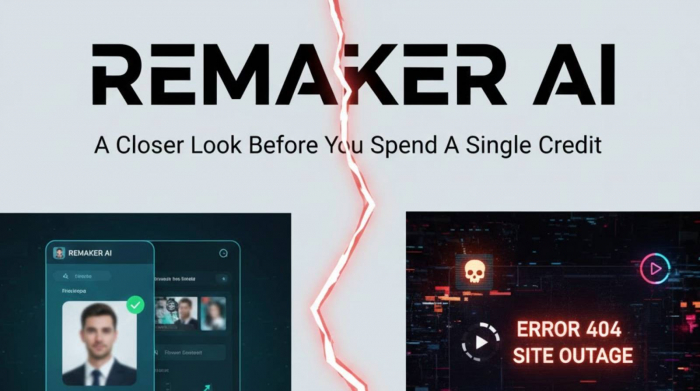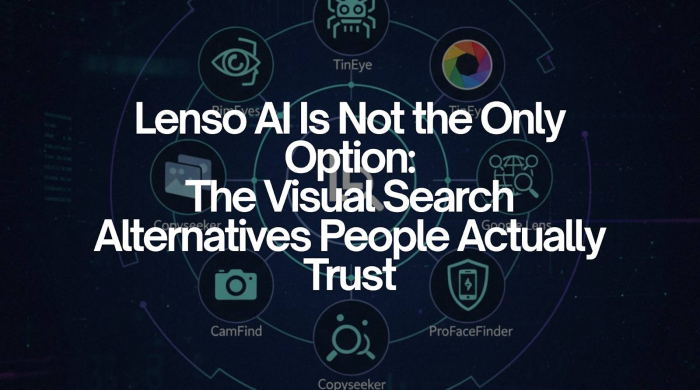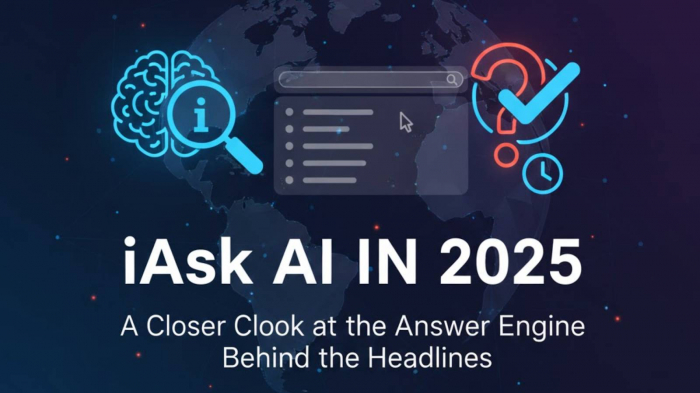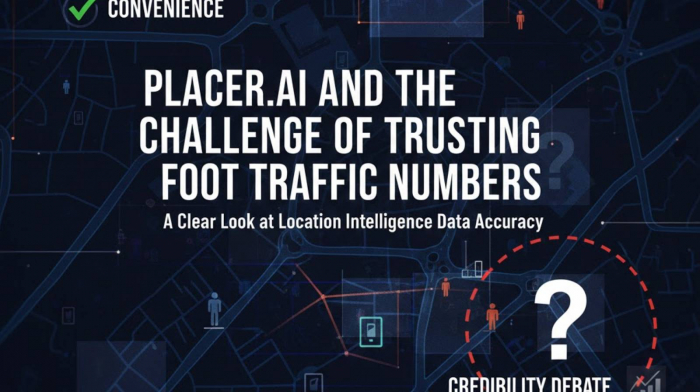The convergence of content marketing and artificial intelligence (AI) has been revolutionizing publishing, business development, and web content optimization. With customers' changing needs continuing, brands are now compelled to provide more dynamic, personalized, and enriched experiences. AI is becoming the catalyst of all these, making innovation technologies and processes occur beyond what was ever possible with traditional marketing techniques.
Towards 2025 and beyond, AI-powered content marketing will be on the uptrend. From automating mundane tasks to propelling the next wave of creative potential, AI is redefining the marketer's playbook. Below are the most critical trends redefining the future of content marketing from an AI perspective.
1. Hyper-Personalized Content Experiences
Personalization has progressed from the level of an ordinary task as putting a customer's name into an email to amplify hyper-personalization by 2025. Depending on customer history, demographics, buying history, and browser inputs, AI programs will be capable of sending highly personalized messages to each of them individually.
For example, customer web brands can use AI-driven recommendation software to suggest products in real-time, and content web pages can display dynamically related content or videos based on the reader's extremely targeted interests. Personalization stimulates participation and builds more fervent brand loyalty.
The distracted advertisers will be creating mediocre content that will not quite strike home. The future belongs to the companies embracing AI in producing all content so that it will seem as though it's been carefully selected just for the viewer or listener.
2. AI-Generated Visuals and Multimedia Content
Visual storytelling is the greatest digital marketing strategy, and AI is opening doors to creativity. More advanced AI software can currently create images, infographics, and even entire films in seconds.
One of the more evident trends is image to video technology where image advertisers have been able to turn images into video. Using this technology, companies have been capable of reusing multimedia content without the usual costly price and time to produce videos.

picture a fashion store taking product photos and shooting instant promotional clips on location for TikTok or Instagram. Image-to-video capabilities powered by the force of AI is not only possible, but more so.
All this optimization of visual content creation benefits thin-pocketed small enterprises so that it has any hope of matching big business on social media where video dominates.
3. Supercharged Customer Engagement Powered by Chatbot AI
Chatbots and conversational AI already exert an impact on customer care, but in 2025 it will become part of content marketing. Smarter assistants make experience more interactive and personal in nature than websites and passive emails.
For instance, AI-powered intent-based chatbots can help customers during product discovery stages, address time-sensitive questions, and even provide contextual content in the form of blog entries, videos, or tutorials. Voice AI assistants will also make user interaction with brands via smart devices easier and usher content marketing into new channels such as voice search and voice commerce.
Its advantage is two-pronged: companies can enhance customer experience and, as a sweetener, learn a lot about consumption habits and behavior.
4. Predictive Analytics for Smarter Content Strategy Development
Whereas information previously lagged behind marketing decision-making, AI is flipping this on its head in the guise of predictive analytics. Instead of just having a notion of what worked last time, AI can forecast what type of content will work in advance.
Predictive algorithms of AI can show what type of content, title, or posting time would gain the most response based on experience, social media, and customer cues. A party can, for instance, use predictive analysis to determine that Gen Z are best reached by short-length tutorial videos and professionals are best reached by long-length written guidebooks.
This ability to forecast not only saves time but also eliminates the risk of wasting money on failed content strategies.
5. AI-Powered SEO Optimization
SEO continues to lead content findability, and AI is transforming SEO in more focused and powerful forms. Until 2025, AI tools can scan automatically researched trends, competitor tactics, and buyer intent and propose keywords and streamline content organization.
And still some of the same type are tools like AI writing tools which even facilitate one to generate meta descriptions, headings, and schema markups from search algorithms. And above all of them, NLP allows one to produce human-readable form top-ranked but reader-friendly.
AI SEO is extremely relevant as voice search and conversational search are more top-ranked on search engines. Successful content marketers that utilize strategic shift with the aid of AI tools will be one step ahead.
6. Authenticity and Ethical AI
With such enormous power comes furrowed brows regarding ethics and imagination. With increasingly unrecognizable human-generated content, with machine-generated text, images, and video, consumers will be increasingly discerning as to what they consume.
Transparency and AI optimization will need to be weighed by brands in 2025 against one another. Accentuating AI utilization, generation, and not over-automating are most vital in building trust.
Besides this, there will also be issues of privacy on the ethical side. Ethical use of data by business and adhering to evolving legislations will be the way forward. Integrity and not just innovation will compel the customers to be honest.
7. Artificial Intelligence and Integration of Augmented and Virtual Reality
Much later in the future, AI will lie at the heart of developing immersive experiences with virtual reality (VR) and augmented reality (AR). They are increasingly being used within marketing, particularly in real estate, retail, and entertainment.
For instance, AI can facilitate AR experiences whereby customers are able to virtually try on clothes or envision a sofa in the living room. On VR, AI has the ability to create world stories in immersive environments where customers are engaged co-performers instead of passive receivers of brand stories.
When such technologies become mainstream, the marketers who utilize AI-facilitated AR/VR experiences to inform their brands will be light years ahead in an ever-more competitive online space.
8. Content-Based Automation
Among the 2025 trends of landslide is automation of content performance tracking. The marketers of the past would have to dig through clicks, bounces, and conversions analytics hours. AI dashboards now automatically identify underperforming content and even provide recommendations.
For example, if a blog post is not getting visitors, AI potential can provide suggestions to re-optimize keywords, replace images, or re-publish the post in an engaging video format. This way, automation is providing endless optimization without any wasteful human intervention.
Conclusion
AI isn't just a tool that assists–it's rapidly becoming the foundation of content marketing in 2025 and beyond. From hyper-personalization and predictive analytics to image-to-video AI technology, the technologies driving 2025 and beyond are turning content creation intelligent, faster, and better.
But while AI will empower marketers, it will also need marketers to be innovative, honest, and authentic. The great brands will be those that use AI as an inspiration tool, not a replacement tool. With machine ability coupled with human ingenuity, marketers can create content solutions that really connect in a digitally enabled era.
Post Comment
Be the first to post comment!





